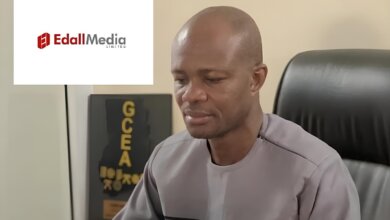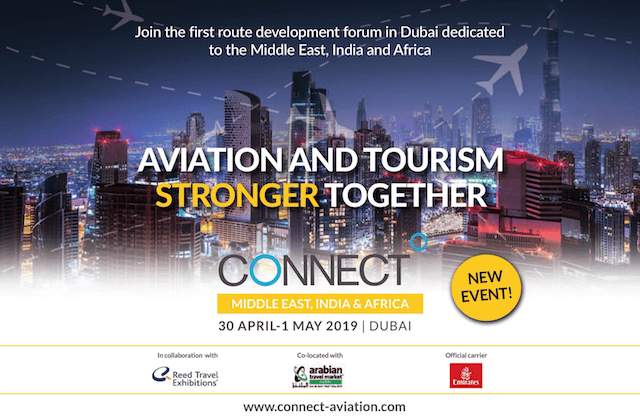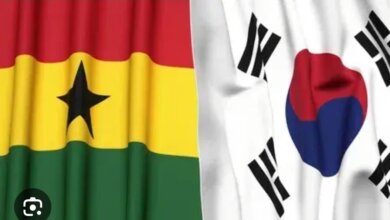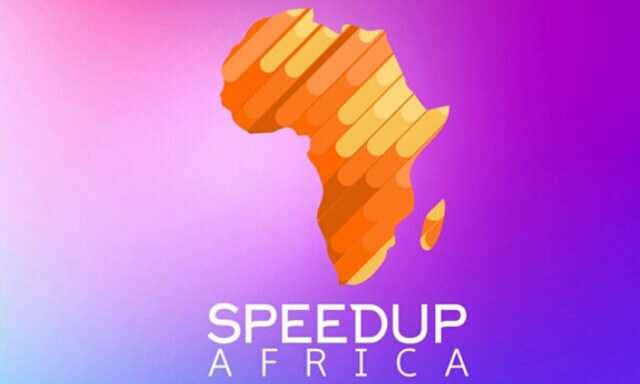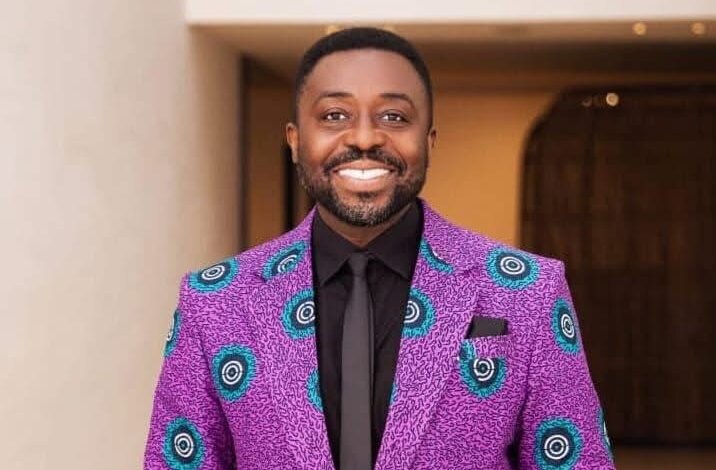
Picture this, a CEO in a perfectly tailored suit, polished shoes that could blind the sun, and a boardroom presence that makes subordinates quake.
Then the cameras roll, the journalist leans forward with a smile, and the first question lands. Suddenly, the same executive who just dominated a shareholder meeting looks like a deer caught in the headlights.
Welcome to one of the great ironies of corporate Africa: executives who can negotiate billion-dollar deals in Lagos, Nairobi, or Johannesburg, but struggle to negotiate a single sentence with a journalist. The biggest mistake? They think talking to journalists is the same as talking to their staff.
Mistake #1: believing it’s a meeting, not a conversation
Executives are trained to lead meetings. They chair, they summarize, they instruct. Unfortunately, journalists are not staff members waiting for action points. They are storytellers with deadlines. Treating an interview like a board meeting is a recipe for disaster.
An editor once said, “Some CEOs give interviews as if they are doing me a favour. I let them talk, and then I write the real story anyway.” Ouch. If you approach the media with a lecture, don’t be shocked if the story makes you sound like a robot instead of a relatable human.
Mistake #2: speaking in corporate jargon
Why do executives think that a journalist—and by extension, the public—wants to hear about “synergistic frameworks” and “leveraging core competencies”? Talk so that people understand you. This is not a PhD thesis.
Journalists don’t want jargon; they want clarity. If your explanation of a merger sounds like a chemical equation, the reporter will either misquote you or skip your soundbite altogether. And in today’s world of social media snippets, clarity isn’t just nice, it’s survival.
Mistake #3: dodging tough questions
Executives often believe that if they ignore the tough questions, they will magically disappear. Spoiler alert: they don’t. In fact, journalists smell evasion the way a lion smells weakness. And when you dodge, the headline writes itself: “CEO Refuses to Comment.”
It’s not the silence that kills; it’s the perception. Across Africa, citizens are becoming more media-savvy. From Accra to Addis, audiences can detect spin in seconds. An executive who answers tough questions honestly, even if the answer is uncomfortable, earns more respect than one who dances around the issue.
Mistake #4: forgetting the audience
Executives sometimes treat journalists like pesky interruptions. But here’s the truth: the journalist is just the bridge. The real audience is the people, customers, regulators, shareholders, the public.
When a South African telecoms boss tells a journalist, “We are enhancing capacity for rural integration,” the audience hears: “Will my network stop dropping calls in Soweto?” The ability to translate corporate strategy into everyday benefits is what separates media-smart executives from those who end up in the meme factory.
Mistake #5: overestimating control
Many executives walk into interviews with the illusion of control. They imagine the journalist as a chess piece to be moved around. Reality check: in the media game, you don’t control the board. The journalist decides which quotes to use, which angle to highlight, and which photo makes the front page.
That doesn’t mean executives are powerless. What it means is that the smartest leaders prepare—not to control the journalist, but to control their own message. Clarity, brevity, and authenticity are far stronger weapons than intimidation.
So, what should executives do instead?
- Prepare like it’s a board meeting. Anticipate tough questions.
- Speak human. Drop the jargon, tell stories, and use examples.
- Respect the journalist. They may not own a Fortune 500 company, but they can own your reputation with one headline.
- Think audience first. Always ask: “How will this sound to the public?”
- Be authentic. People don’t want perfection; they want honesty.
Final word
In Africa, storytelling is part of our DNA. From the fireside tales of griots in Mali to the witty proverbs of Asante elders, we have always valued the power of words. Executives who forget this cultural truth stumble when facing journalists.
The biggest mistake, then, is not about arrogance or jargon. It is about forgetting that communication is about connection. The journalist is not your enemy; they are the bridge to the people you serve.
So next time the cameras roll, don’t freeze. Tell your story. Or, as we like to say across the continent: if you don’t tell your story well, someone else will—and you may not like their version.
Author
Kafui Dey is a Ghanaian media personality. He conducts media training, hosts corporate events and interviews people with interesting stories. Contact him on +233 240 299 122 or kafuidey.mc@gmail.com.

Disclaimer: The views and opinions expressed in articles and content by our contributors are those of their’s and do not necessarily reflect the official policy or position of our publication. We make every effort to ensure that the information provided is accurate and up-to-date, while holding contributing authors solely responsible for their contributions.

